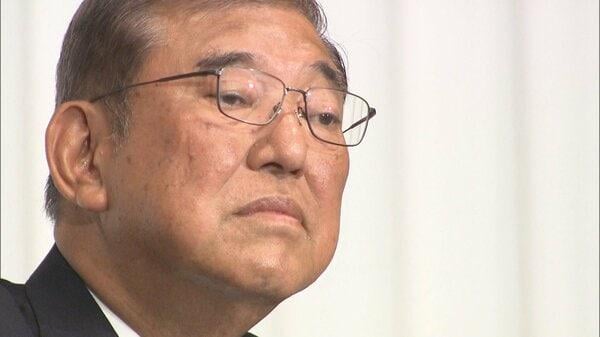
Prime Minister Ishiba says he won’t resign, even after major election losses.
In a press conference, PM Shigeru Ishiba said he won’t step down because “the government cannot afford to stall.” But he just lost 65 seats in the election — one-fourth of what his party held — and now his ruling party (the LDP) no longer holds a majority. He can’t even pass a budget or be re-elected as prime minister, yet he insists on staying.
Why won’t he quit?
It’s not just about keeping the government running. The real reason is that the ruling party fears a leadership crisis. If Ishiba quits now, they’ll have to quickly elect a new party leader before the next prime minister vote in November — but there’s no time for a full party election. If they rush it, it could split the party.
Party divisions and possible chaos
One likely successor, Sanae Takaichi, lost last time and has fewer supporters now. If party leaders pick someone else like Hirokazu Matsuno or Katsunobu Kato instead, it could cause major divisions — maybe even a party split, which both ruling and opposition parties fear.
Opposition also unlikely to take power
The main opposition party (CDP) gained seats, but they’d need support from multiple other smaller parties (like Ishin, JCP, and Reiwa) to get a majority — and even then, it’s not enough. CDP leader Yoshihiko Noda hinted at a grand coalition, but that’s not realistic either. Both sides know splitting or rushing into a shaky alliance could do more harm than good.
No coalition, no power shift — just deadlock
With no one ready to form a new coalition and major opposition parties rejecting a partnership, there’s no chance of a real power shift. Ishiba will likely remain PM, even though he doesn’t have a majority.
What happens next?
A prime minister vote in parliament is coming. In the second round, Ishiba may win simply because opposition votes will be split or wasted. Later, during budget talks, the opposition may demand Ishiba’s resignation in exchange for approving the budget. If that happens, Ishiba might step down in the new year.
Japan could be entering a period of unstable politics, with a new prime minister every year. Some might call that more democratic, but it could also mean more chaos.
by MagazineKey4532
